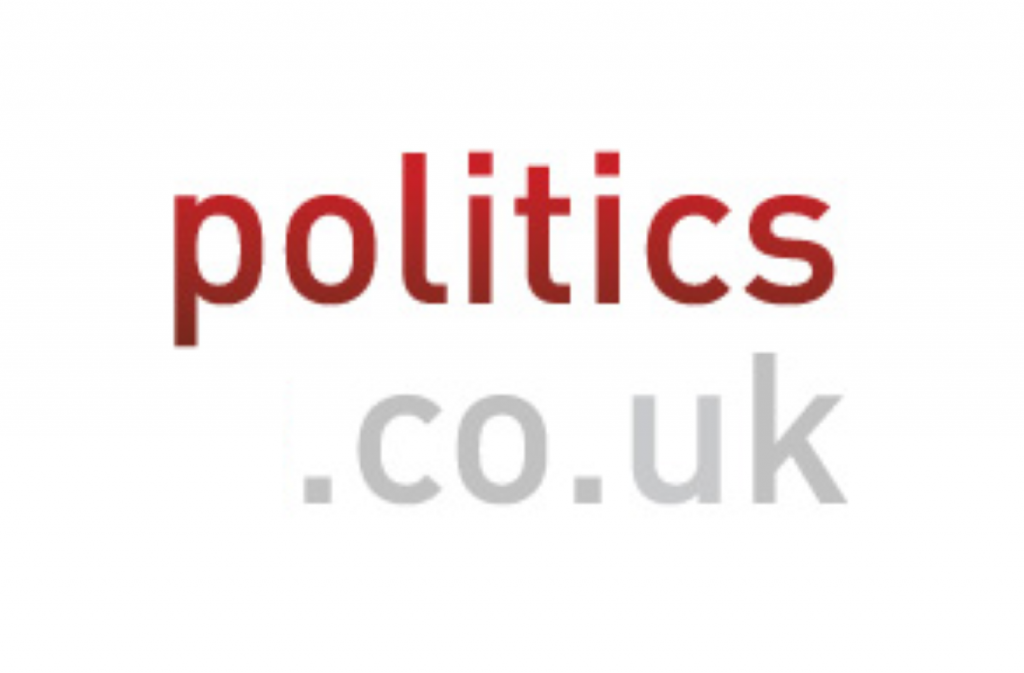The economy
The economy is without any doubt the most important issue of the general election. At one point in the electoral cycle there was a substantial difference in the two main parties’ approach, with the Tories demanding cuts to public spending and Labour veering towards promises of greater investment. That space has diminished somewhat, and the debate is now predominantly about timing.
Britain is firmly in the red. In January 2010 alone the government borrowed £4.3billion. With tax returns down, and unemployment benefits shooting up to record levels, the government believes that continued spending is the only way to ensure the downturn does not create a ‘lost generation’, without work or opportunities. The thinking in government – and across most of the western world – was that the financial crisis needed a Keynsian response. John Maynard Keynes spent much of his time demonstrating the need to an active state during periods of market failure.
The Conservatives are concerned that bond traders and credit rating agencies are not far from devaluing the UK and that the country’s reputation is on the line unless the public finances are brought under control. They have scrapped many of their spending plans – although not the promise to significantly raise the inheritance tax threshold.
Frantic internal arguments took place across the Labour party as the Tories appeared to make headway on the issue, and chancellor Alistair Darling eventually committed himself to a legally bound requirement to cut the deficit by half in four years. Whoever wins the election, cuts are coming. That move reduced the debate to something not much more substantive than timing. The Tories would certainly begin cutting earlier, whereas Labour insists the modest rate of growth signifies that early cuts could result in a dreaded ‘double dip’.


Respected Liberal Democrat Treasury spokesman Vince Cable argues the Labour timetable is the most sensible for the time being, but adopts a more pragmatic approach than the two main parties. He claims the rate of deficit reduction must be assessed on a day-to-day basis dependent on the strength and speed of Britain’s economic recovery. To the Lib Dems, the Labour/Conservative debate is arbitrary and simplistic, although their policy remains much closer to that of the government than the opposition.

